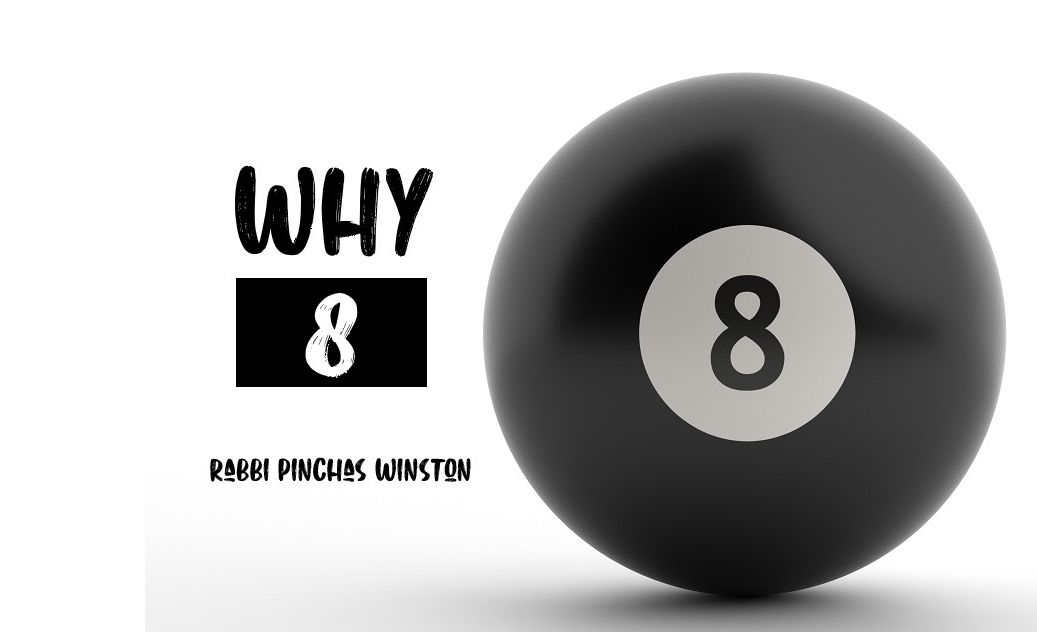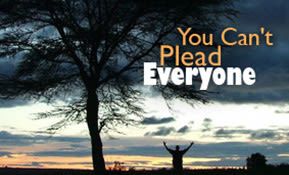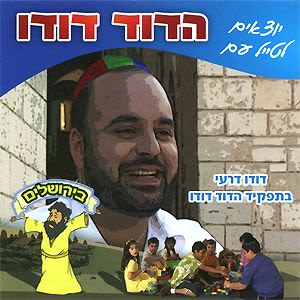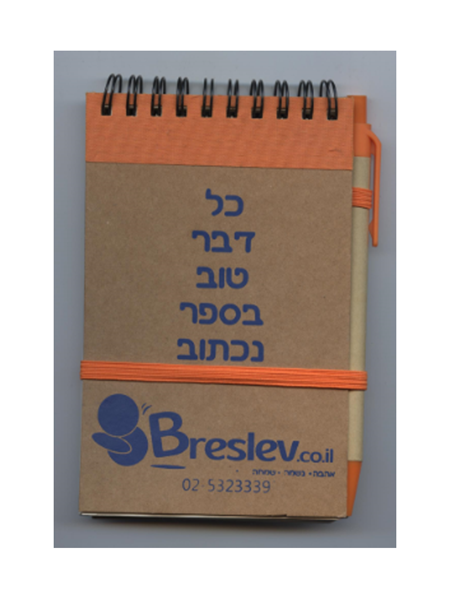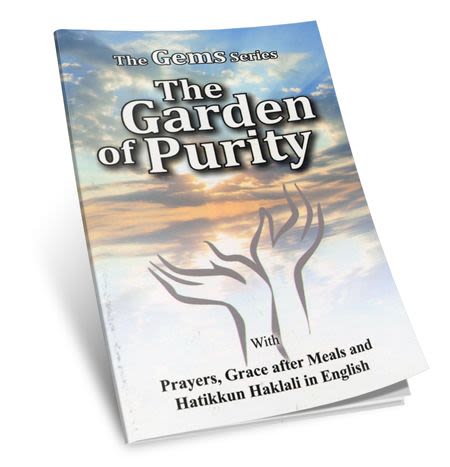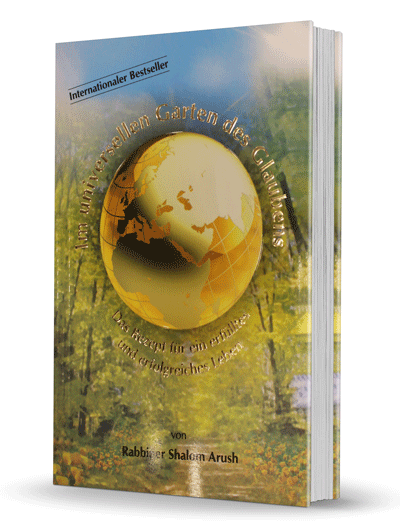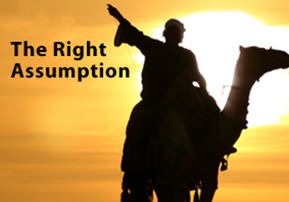
Vayera: The Right Assumption
Abraham’s most difficult trial of faith - is about how our assumptions about life become our vision of reality, and ultimately, our greatest challenge.

Parshat Vayera
א וַיְהִ֗י אַחַר֙ הַדְּבָרִ֣ים הָאֵ֔לֶּה וְהָ֣אֱלֹהִ֔ים נִסָּ֖ה אֶת־אַבְרָהָ֑ם וַיֹּ֣אמֶר אֵלָ֔יו אַבְרָהָ֖ם וַיֹּ֥אמֶר הִנֵּֽנִי:
After all these events, G-d tested Avraham . . . (Bereishis 22:1)
On the surface, the "Akaidah" is about a father who was willing to "bind" his son as a sacrifice to G-d, and about a G-d who doesn't accept human sacrifices. However, on a deeper level, the Akaidah is about how our assumptions about life become the very basis of our vision of reality, and ultimately, our greatest challenge.
For example, there is a great discussion about whether or not G-d removed Pharoah's free-will. After all, it says that G-d "hardened" Pharoah's heart, which would imply that had G-d not "interfered," Pharoah might have acted differently towards the warnings implied by the Ten Plagues. Instead, from the fifth plague onward, it appears that Pharoah was powerless to do that which was obvious to even the least-learned Egyptian.
However, this is not true. Pharoah maintained his free-will throughout, as is evident by the way that he could still play games with Moshe Rabbeinu until the end, regarding his decision to free the Jewish people. However, the difference was that once G-d had decided that Pharoah's resistance had gone far enough, He sent the plagues in such a way that "encouraged" Pharoah, or at least prevented him from being able to be afraid of what he was witnessing.
It is like someone who has decided that G-d does not exist, or that if He does exist, He does not play a role in the affairs of man. Rather, he believes the events of everyday life are somewhat random, without any real cosmic meaning. This is not something he can prove, but rather it is at best an opinion and an assumption.
Now, perceptions are based upon assumptions, and hence, faulty assumptions lead to faulty perceptions, an axiom of life. Thus, even though his own brother, let's say, who believes in G-d sees the hand of G-d in all that is happening in history, he himself will be unable to see – even though it may be so obvious that he will have to admit that, if he DID believe in G-d, he could see how history could be attributed to Him.
On the other hand, not believing in G-d, or the ASSUMPTION that He is not "there," affords the agnostic brother room to read into the events of his life enough randomness to continue his mistaken assumption. Living within his assumption, he is unable to get beyond it and come to the realization that it is his assumption about the involvement of G-d in life that continues to hide G-d from him, not history itself.
In Avraham's case, it was his assumption about the meaning of G-d's command to bring his son Yitzchak up as an offering that gave reality to the tenth and final test of his life. He had assumed that bringing Yitzchak up as a sacrifice also meant killing him as a sacrifice, since that is what people have always done to all their sacrifices to G-d. To his complete surprise and joy, this time it didn't, for as the Midrash teaches, G-d told him:
"I asked you to bring him up as a sacrifice, and now I am asking you to bring him down as a sacrifice. I had never intended for you to kill him, though you may have assumed otherwise."
However, Avraham had not known that, or even assumed that at the time, which is what made his test real for him. It was his assumption about G-d's intention that gave meaning to the tenth and final test and made it real — even though it would not end as Avraham thought that it would, with the slaughter of Yitzchak.
Nevertheless, Avraham was rewarded for his belief and his loyalty to G-d, because that is what became apparent regardless of what G-d knew would happen. When it comes to a test of mankind, what counts is not what G-d knows about the present and future, but what counts is what WE think about them, and how we act accordingly.
Many times in life we face situations that worry us, and perhaps appear as if they are about to make a great demand upon our faith and loyalty. We may struggle to meet the challenge, and prevail only to find out that our fears were unfounded, or we may lose the challenge only to heave a deep sigh of relief when we find out that the challenge never came to be.
However, that is only from our perspective. In Heaven, they are busy recording the reward of the one who rose to the occasion even if the occasion did not come to be, and recording the failure of the one who smiled prematurely, unaware that the essence of a test is what we assume, perceive, and how we respond to our perception of the moment, no matter how history plays itself out in the end.
Thus, it is a person's own assumptions about reality that can be his best friend, or worst enemy. Correct assumptions lead to correct perceptions about reality, and the ability to see the hand of G-d in life, even at times when it may be far less obvious to other people. On the other hand, incorrect assumptions about reality can blind a person to the hand of G-d in life, even at times when it is so obvious to others – even in the face of obvious danger.
It is our job in life to build our assumptions, to investigate them and test them, until they are refined to true assumptions about life in this world. G-d will help us by testing us in order to reveal the assumptions upon which we base our lives, either by confirming our correct assumptions, or by bringing down our false ones.
It is the goal of Torah to help us realize what is safe to assume about life, and what is wrong to assume about life. It is the Akaidah that symbolizes the importance of being committed to this task, for Heaven designs our tests based upon those beliefs.
***
Pinchas Winston is the author of over 95 books on various topics that deal with current issues from a traditional Jewish perspective. He has also written on the weekly Torah reading since 1993, called “Perceptions”, as well as on current topics and trends affecting Jewish history, past and present. One of his missions is to make the depth and beauty of the more mystical teachings of Torah understandable and accessible to those who can really benefit from them. Visit his website at thirtysix.org.




